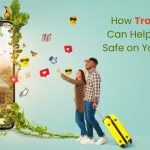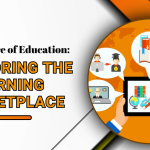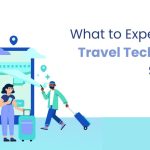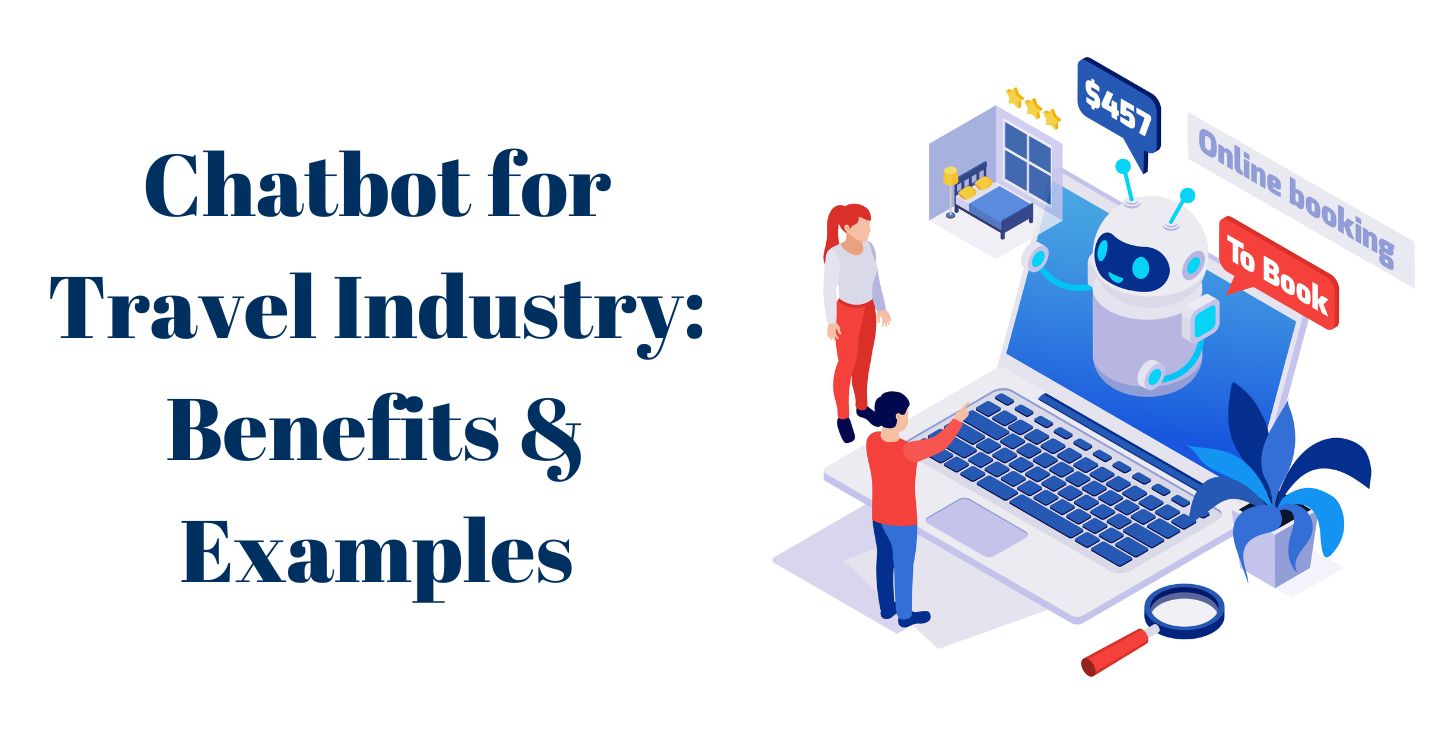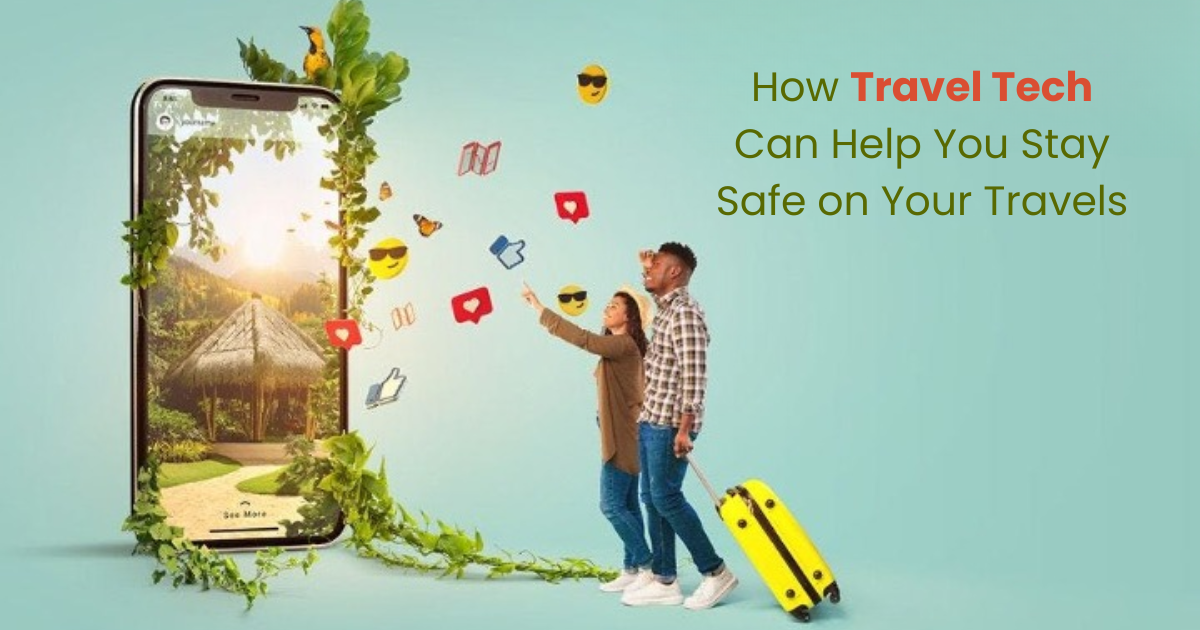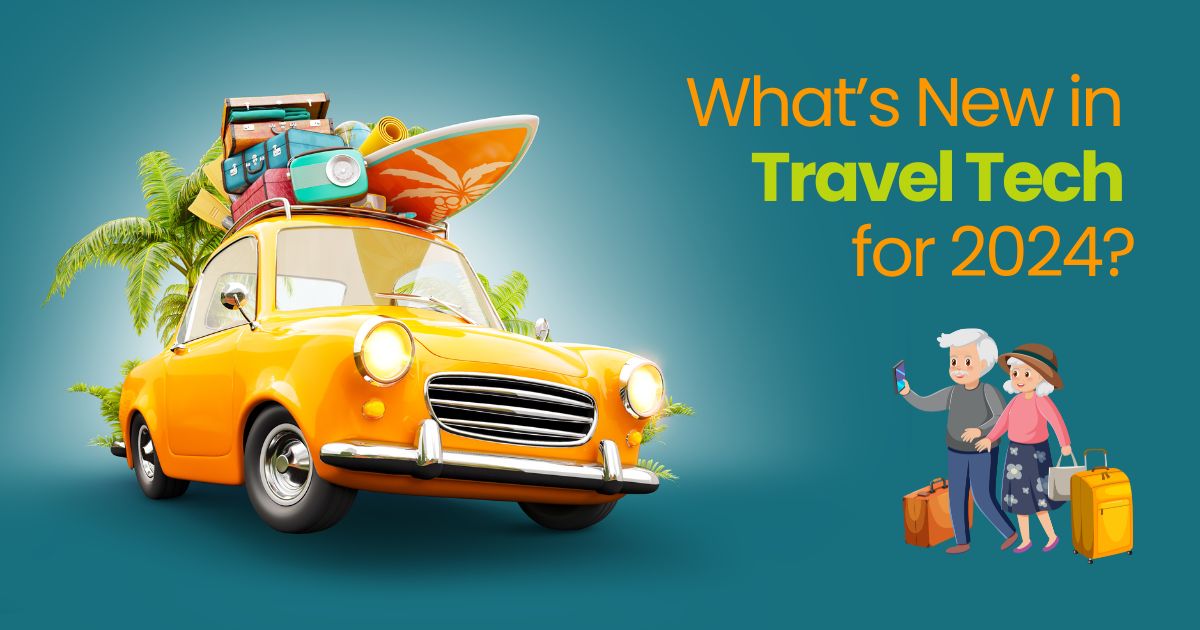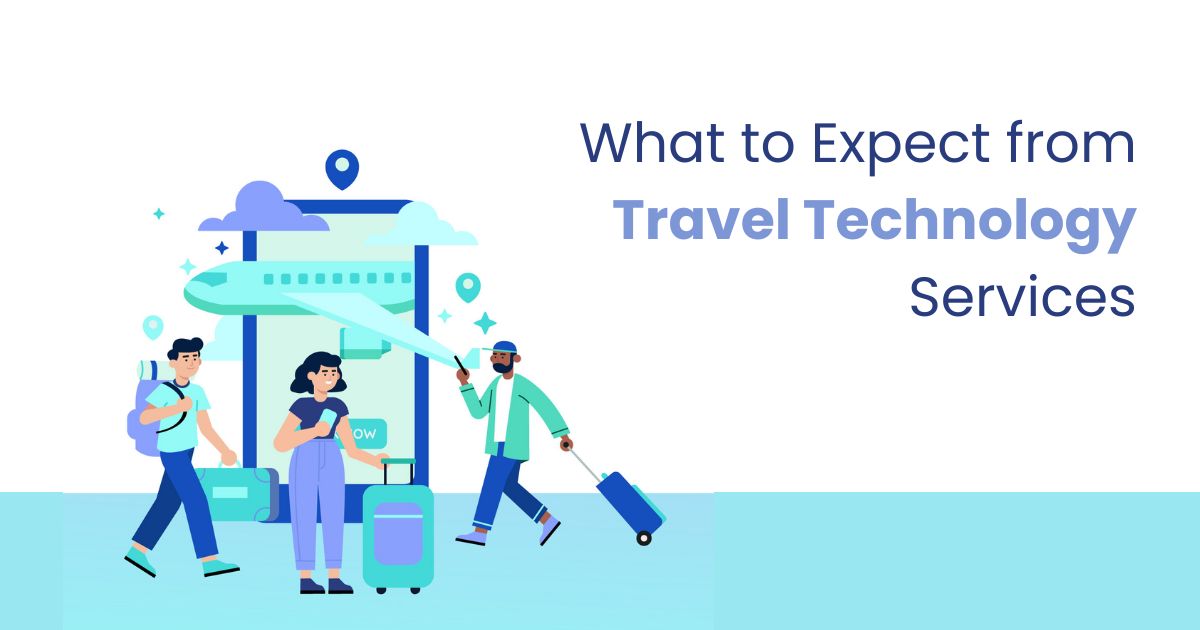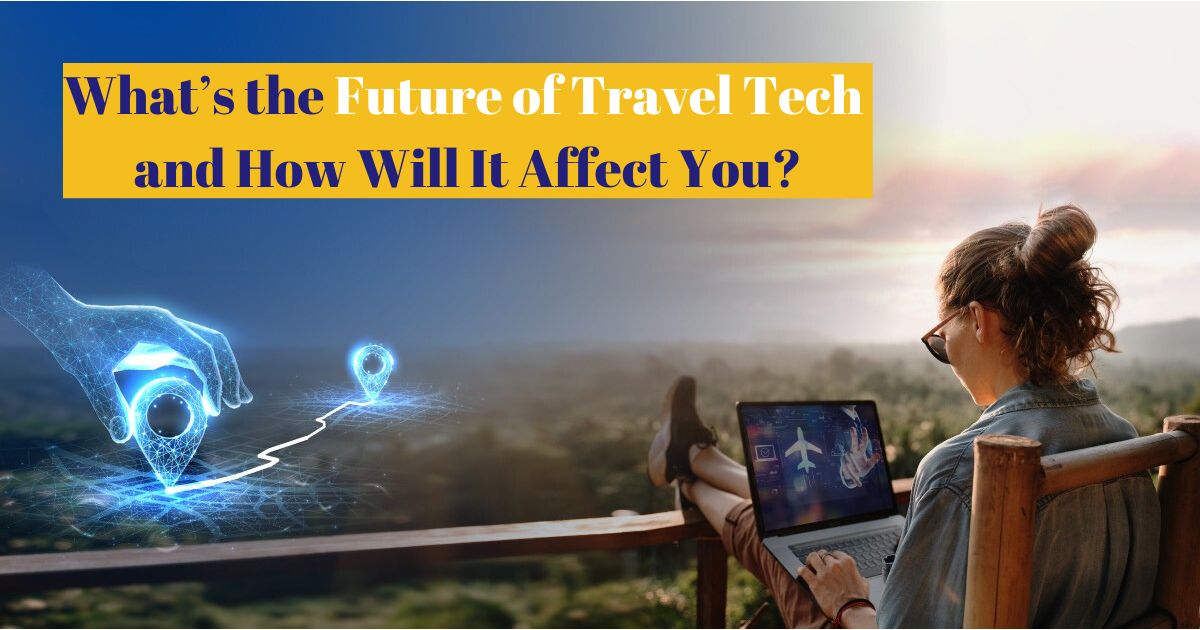The travel industry is undergoing a profound transformation, driven by technological advancements and evolving consumer preferences. One of the key contributors to this shift is the integration of chatbots. In this article, we will explore the numerous benefits of incorporating chatbots into the travel industry, delving into real-world examples that highlight their efficacy.
Travel Technology Solutions: Enhancing Your Travel Journey with Advanced Technology SolutionsUnderstanding Chatbots
A. Definition and Functionality
1. Chatbot Overview
Chatbots, short for chatbots, are computer programs designed to simulate conversation with human users, especially over the internet. They use natural language processing (NLP) and machine learning algorithms to understand and respond to user queries and requests.
2. Functionality in Travel
In the travel industry, chatbots can serve various purposes, from providing information about destinations to assisting with bookings and offering personalized recommendations.
B. Types of Chatbots in Travel
1. Informational Chatbots
- Provide Destination Information: These chatbots offer details about travel destinations, acting as virtual travel guides.
- Answer FAQs: Frequently asked questions about travel, accommodations, and activities are addressed promptly.
2. Transactional Chatbots
- Facilitate Bookings: Streamline the booking process for flights, hotels, and other travel services.
- Secure Payments: Ensure secure handling of payment transactions, instilling confidence in users.
3. Personalized Assistants
- Recommendations: Leverage user preferences to provide tailored travel suggestions.
- Real-time Updates: Keep users informed with timely updates and notifications during their journey.
Benefits of Chatbots in the Travel Industry
A. Enhanced Customer Service
1. 24/7 Availability
- Round-the-Clock Assistance: Chatbots offer continuous support, transcending time zone constraints.
- Immediate Responses: Swift replies enhance customer satisfaction, fostering loyalty.
2. Instant Information Retrieval
- Quick Access to Information: Users obtain swift responses regarding flights, hotels, and destinations.
- Reduced Search Efforts: Minimizes the need for customers to navigate extensive websites.
3. Multilingual Support
- Global Accessibility: NLP-equipped chatbots cater to users in various languages, expanding services globally.
- Cross-Cultural Communication: Facilitates communication with a diverse user base.
B. Streamlined Booking Process
1. Efficient and Quick
- Simplified Booking: Chatbots guide users through the booking process, minimizing time and effort.
- User Convenience: Enhances the overall booking experience for customers.
2. Personalized Recommendations
- Tailored Suggestions: Analyzing user preferences allows chatbots to suggest personalized travel options.
- Enhanced User Experience: Customized recommendations contribute to a more enjoyable booking process.
3. Integration with Payment Systems
- Secure Transactions: Chatbots handle payment transactions securely, reducing the risk of errors.
- Trustworthy Interactions: Establishes trust through reliable financial transactions.
C. Cost-Efficiency for Businesses
1. Automated Support
- Reduced Workload: Chatbots handle routine queries, allowing human agents to focus on complex interactions.
- Operational Efficiency: Enhances the productivity of customer support teams.
2. Scalability
- Handling Volume: Chatbots manage large volumes of simultaneous conversations, ensuring scalability.
- Resource Optimization: Diminishes the need for constant expansion of customer support teams.
3. Data Analytics
- User Insights: Chatbots collect data on user preferences and behaviors.
- Informed Decision-Making: Businesses analyze data to improve services and make strategic decisions.
Chatbots in the Travel Industry
A. Expedia’s Chatbot
1. Booking Assistance
- Guided Booking: Expedia’s chatbot assists users in finding and booking flights, hotels, and rental cars.
- Personalized Suggestions: Offers tailored recommendations based on user preferences and history.
2. Itinerary Management
- Real-time Updates: Provides timely information on flight statuses, gate changes, and relevant updates.
- User Notifications: Sends reminders and notifications to keep users informed throughout their journey.
B. Kayak’s Travel Assistant
1. Planning and Recommendations
- Trip Planning: Kayak’s chatbot aids users in planning entire trips by offering destination recommendations.
- Activity Suggestions: Provides suggestions for activities, restaurants, and accommodations based on user preferences.
2. Price Alerts
- Monitoring Prices: Keeps track of flight and hotel prices, sending alerts for significant changes.
- Informed Decision-Making: Empowers users to make informed decisions and secure the best deals.
C. Skyscanner’s Booking Bot
1. Conversational Booking
- Natural Language Interface: Enables users to search for and book flights through conversational interactions.
- Simplified Booking: Makes the booking process accessible to users unfamiliar with traditional search interfaces.
2. Multi-Platform Accessibility
- Expanded Reach: Available on popular messaging platforms, including Facebook Messenger and Skype.
- User Convenience: Meets users on platforms they already use, enhancing accessibility.
Challenges and Future Trends
A. Overcoming Language Barriers
1. Improving NLP Capabilities
- Research and Development: Invest in enhancing the accuracy and understanding of diverse languages.
- Effective Communication: Ensure chatbots can communicate effectively with users from various linguistic backgrounds.
B. Data Privacy and Security
1. Implementing Robust Security Measures
- Encryption Protocols: Employ encryption to protect user data during transactions.
- Regulatory Compliance: Adhere to data protection regulations and industry standards to build trust.
C. Integration with Emerging Technologies
1. Augmented Reality (AR) and Virtual Reality (VR)
- Enhanced Experiences: Explore integration with AR and VR for immersive travel planning experiences.
- Virtual Exploration: Allow users to virtually explore destinations before making decisions.
2. Voice Recognition
- Voice-Activated Chatbots: Incorporate voice-activated chatbots for users preferring voice commands.
- Improved Accessibility: Enhance accessibility and user experience through voice-enabled interactions.
Conclusion
Chatbots have emerged as powerful tools in the travel industry, offering a myriad of benefits to both businesses and consumers. Real-world examples from industry leaders showcase the efficacy of chatbots in enhancing the overall travel experience. As technology continues to evolve, addressing challenges such as language barriers and data security will be crucial for the sustained success of chatbots in travel. Embracing emerging technologies and trends will propel chatbots into the forefront of travel innovation, ensuring a seamless and personalized journey for every traveler.
